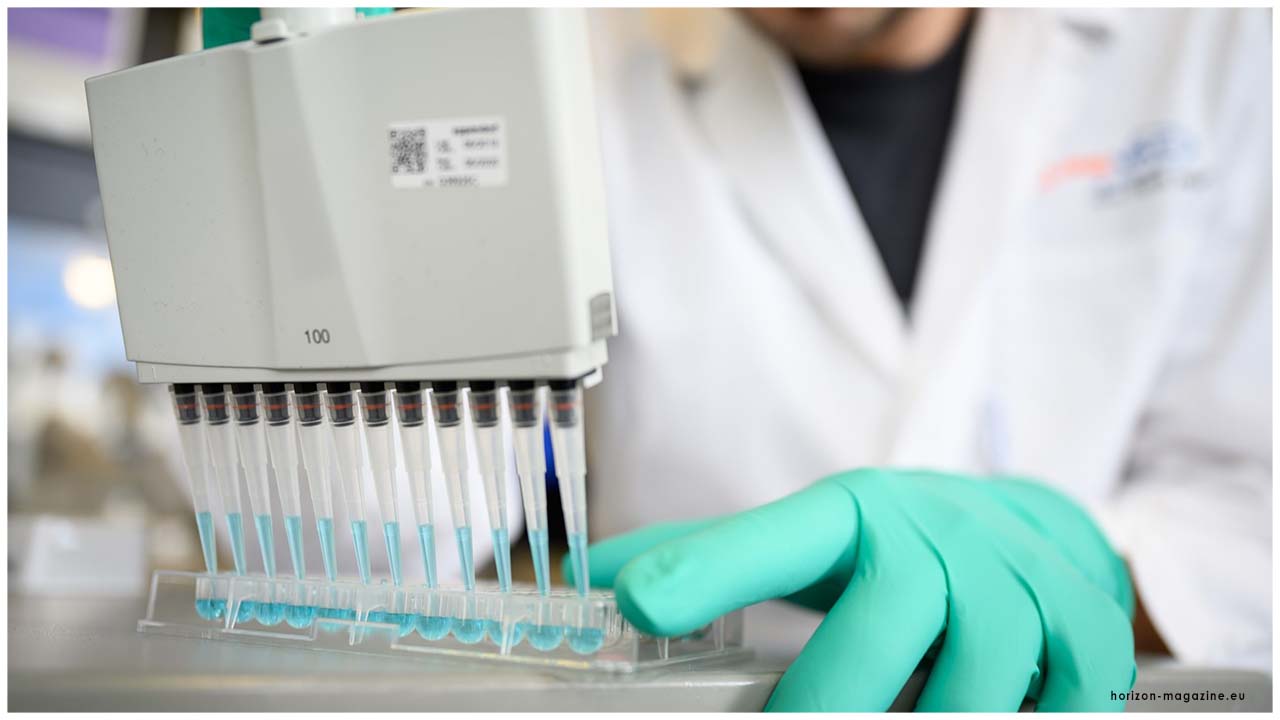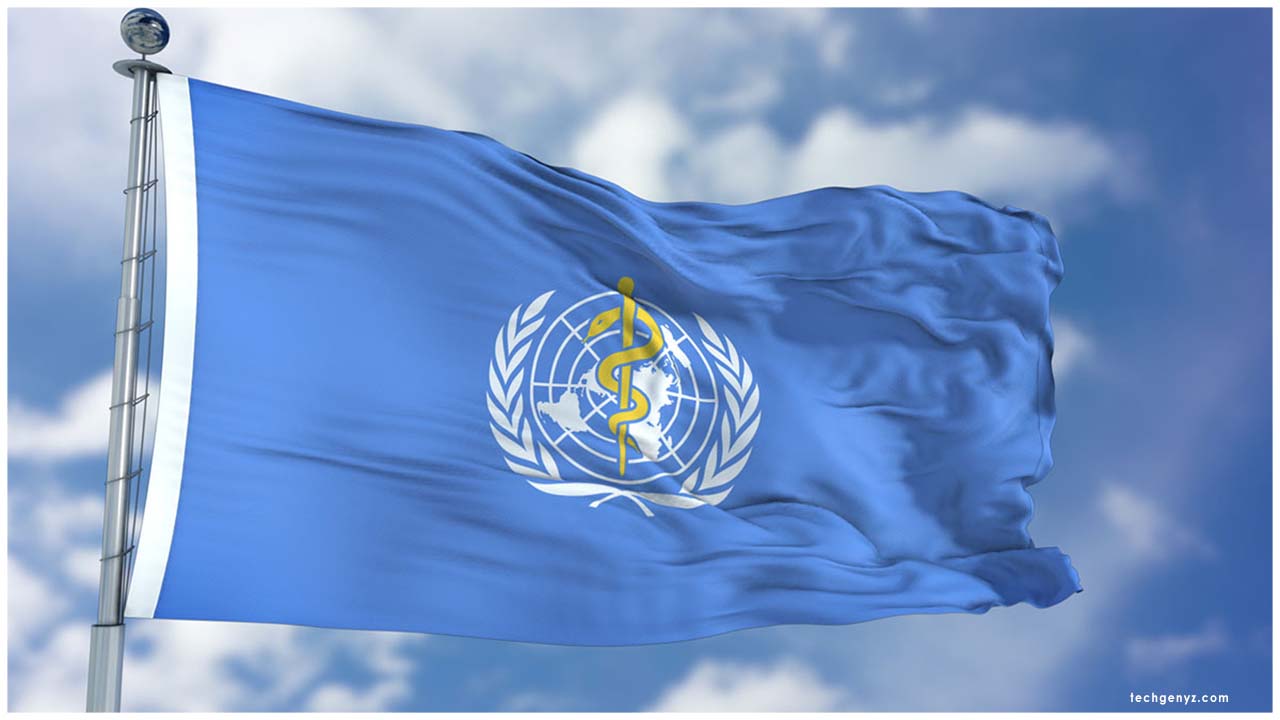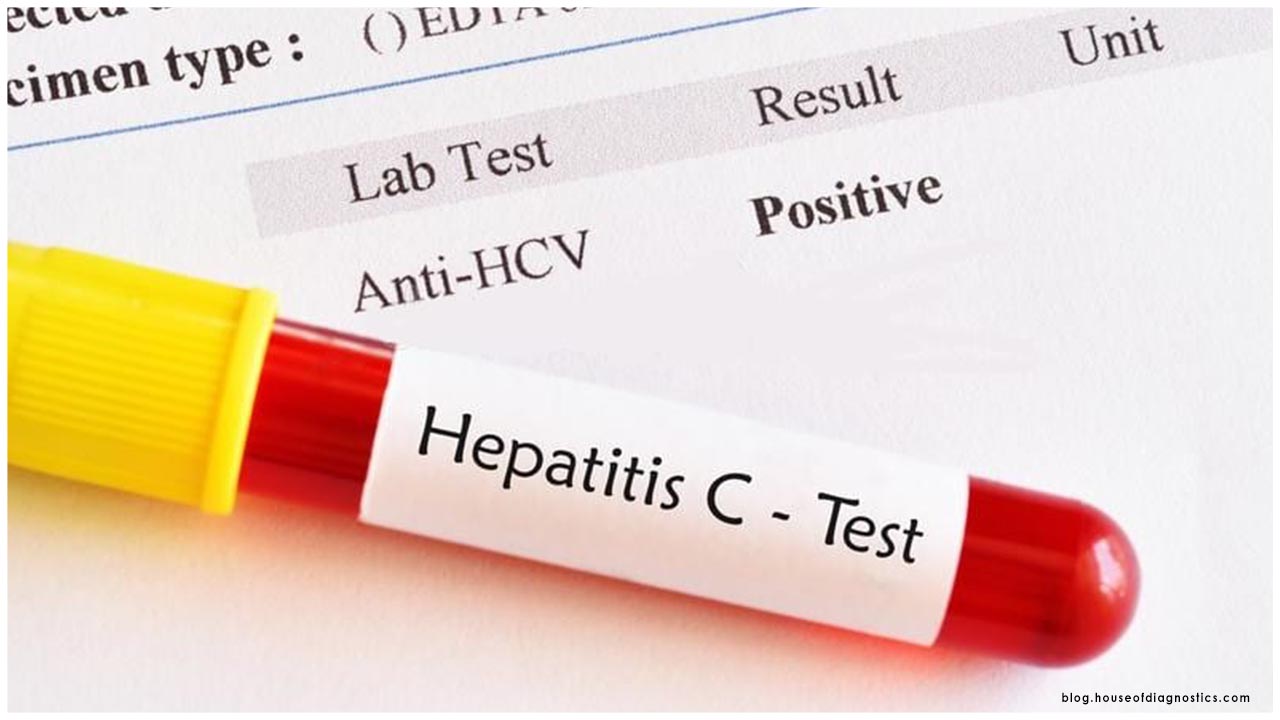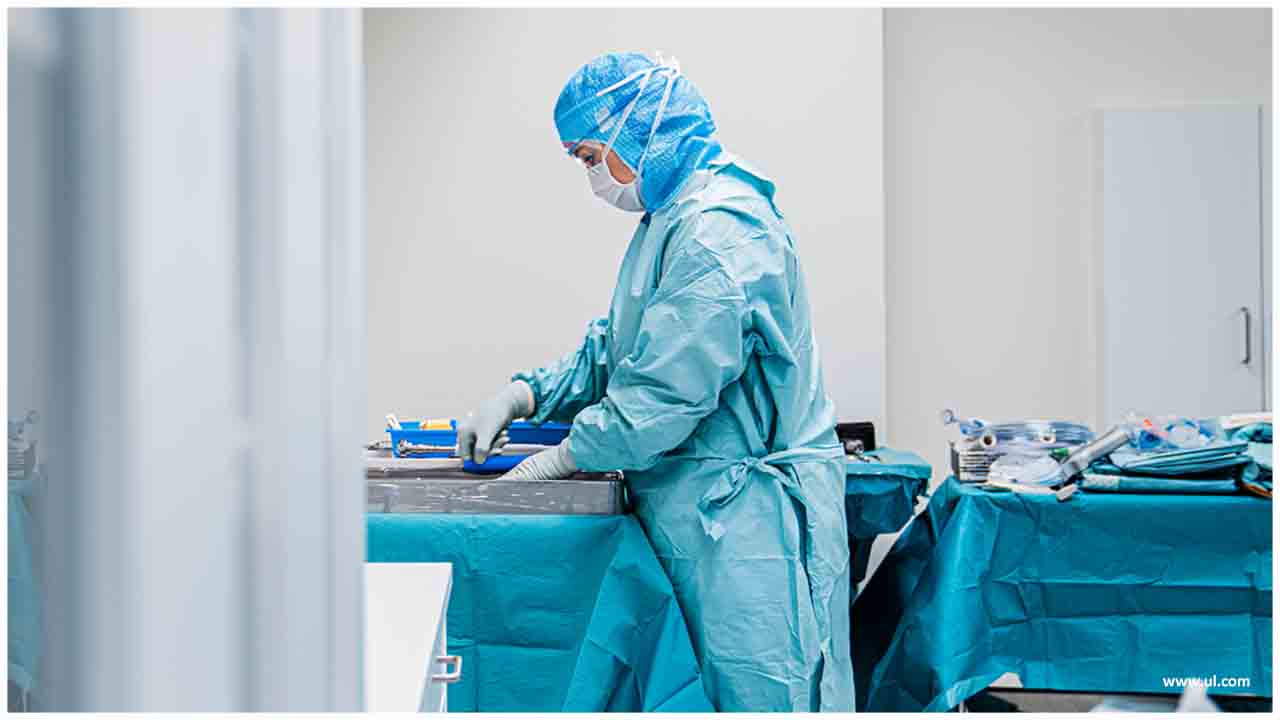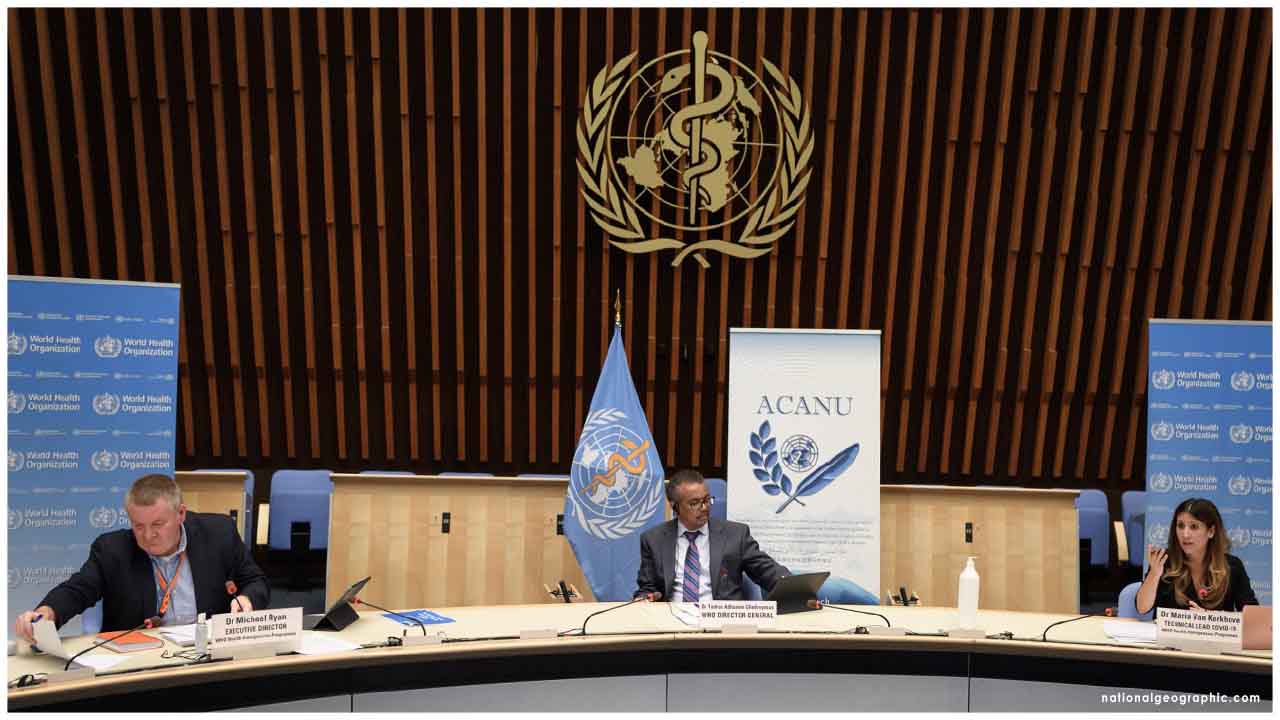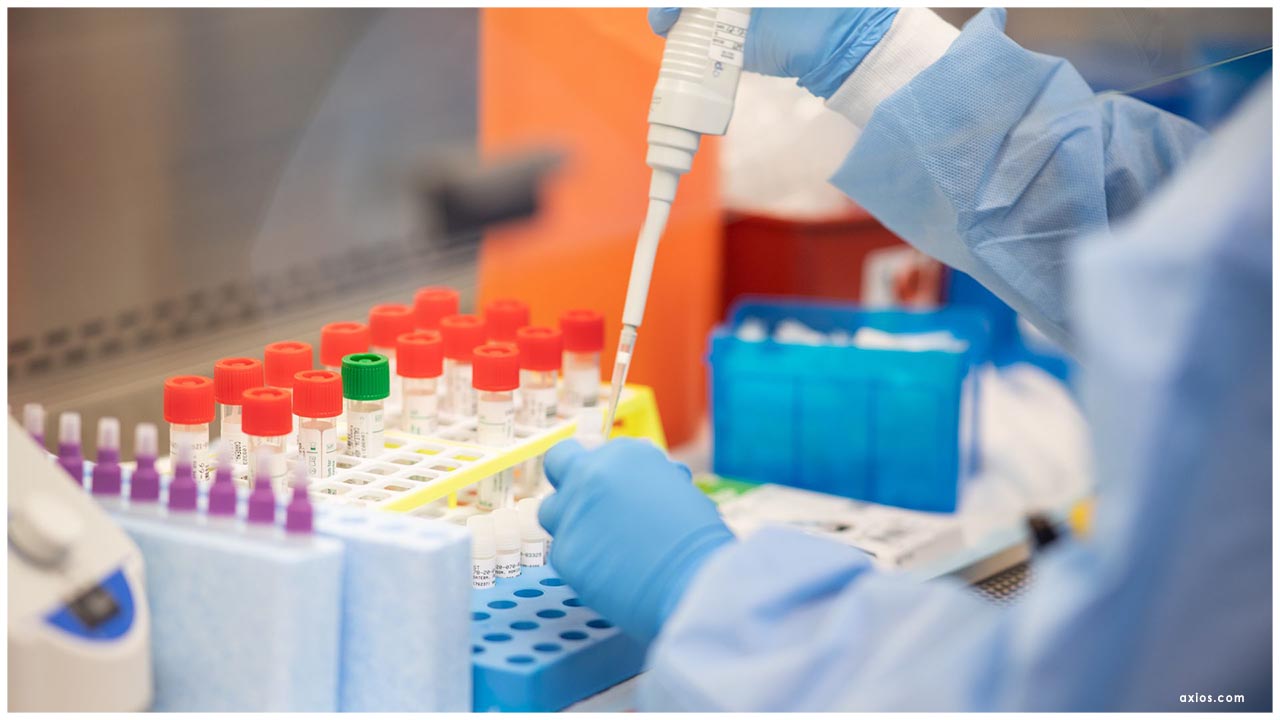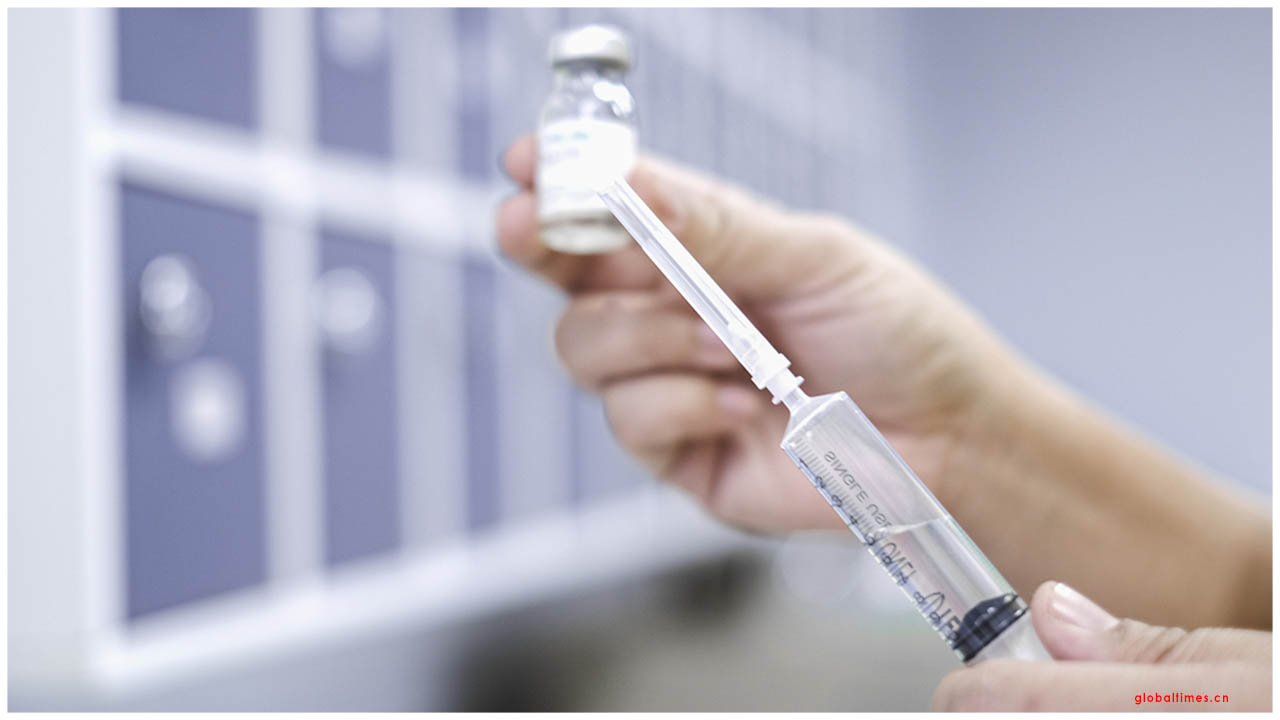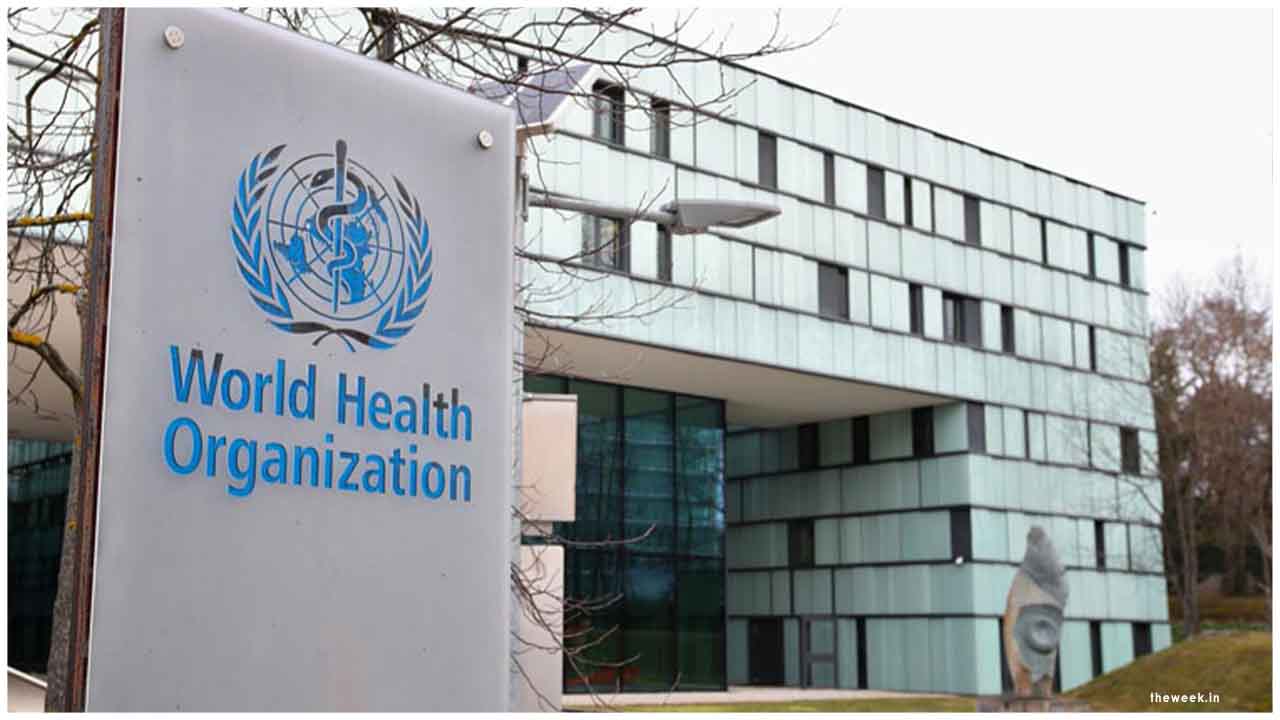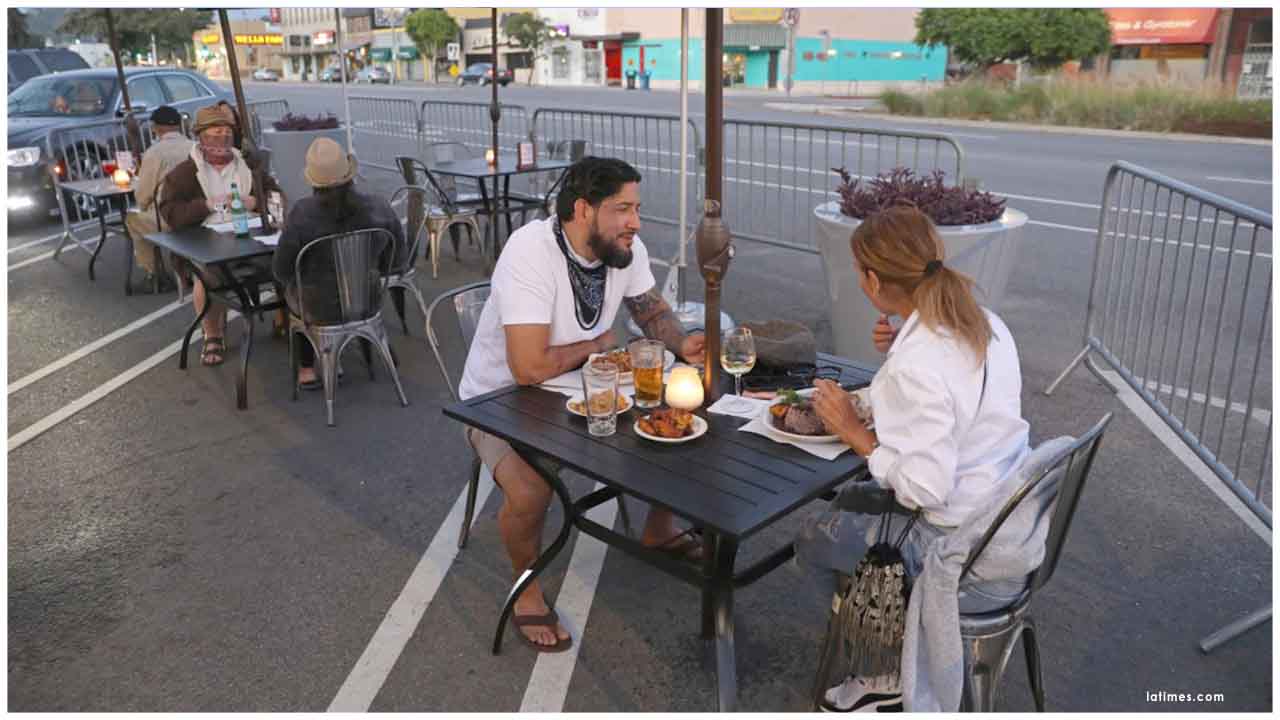The University of Cambridge is expecting to begin clinical preliminaries of its conceivable coronavirus immunization in the harvest time after it got 1.9 million pounds in financing from the British government, the college said on Wednesday.
The researchers behind the immunization said their methodology, which utilizes hereditary groupings of all known coronaviruses to sharpen the resistant reaction, could help maintain a strategic distance from the unfriendly impacts of a hyper-incendiary invulnerable reaction.
"We're searching for tragic flaws, urgent bits of the infection that we can use to build the antibody to coordinate the safe reaction the correct way," Jonathan Heeney, top of the Laboratory of Viral Zoonotic at the University of Cambridge, said.
"Eventually we plan to make an immunization that won't just shield from SARS-CoV-2, yet additionally other related coronaviruses that may overflow from creatures to people."
No immunization against the SARS-CoV-2 coronavirus which causes COVID-19 has yet been demonstrated clinically powerful, however, 30 that utilization scope of advancements is in human preliminaries as of now.
The Cambridge applicant, DIOS-CoVax2, is DNA based. PC created antigen structures are encoded by engineered qualities, which can then re-program the body's resistant framework to deliver antibodies against the coronavirus.
This DNA vector technique has been demonstrated to be protected and powerful at animating a safe reaction in different microbes in beginning phase preliminaries, the college said.
Even though it is working at a later schedule than some other immunization competitors, the DIOS-CoVax2 shot shouldn't be put away at cold temperatures and could be conveyed without needles, perhaps making the across the board dissemination of the antibody simpler.
"This could be a significant achievement in having the option to give a future immunization to gigantic quantities of individuals over the world," said Saul Faust, Director of the NIHR Southampton Clinical Research Facility.
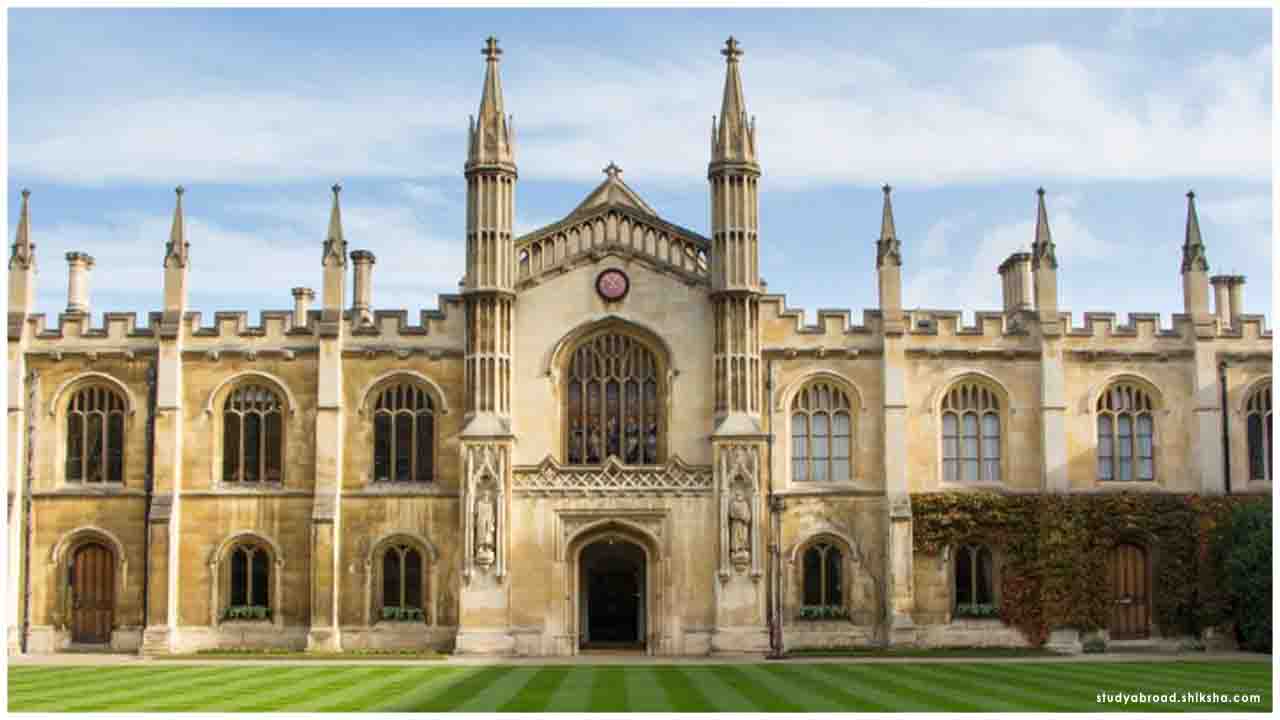
 No vaccine against coronavirus, which causes COVID-19, has yet been proven clinically effective, though 30 that use a range of technologies are in human trials already.
No vaccine against coronavirus, which causes COVID-19, has yet been proven clinically effective, though 30 that use a range of technologies are in human trials already.








